A guide to devolution in the UK
- Published
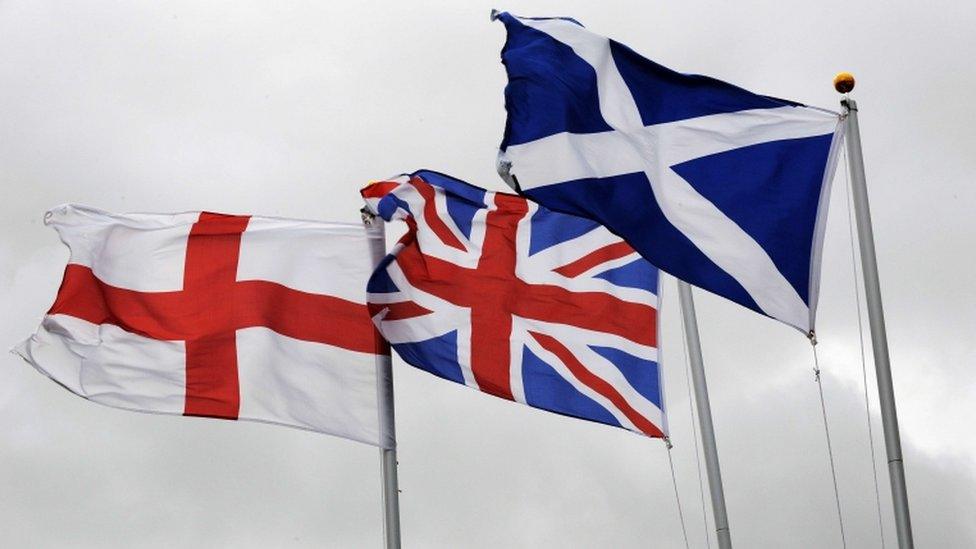
There have long been important distinctions in the way different parts of the UK work - for example, the separate education and legal systems in Scotland. But in 1997, devolution - the transfer of some powers from central to regional bases - entered a new phase.
That year, referendums were held in Scotland and Wales, with both parts of Ireland following in 1998.
These resulted in the creation of the Scottish Parliament, the National Assembly for Wales and the Northern Ireland Assembly.
Another major shake-up came in the form of the 2014 Scottish referendum. Although voters said "No" to full independence for Scotland, the period leading up to the vote led to an intense debate over what Scotland should be able to decide for itself.
The debate has already resulted in more powers being offered to the Scottish Parliament - and is likely to influence how the process of devolution continues, not just in Scotland, but across the UK.
Indeed, since its election in May 2015, the Conservative government has brought forward measures to devolve more powers away from Westminster. The devolved administrations in Scotland and Wales have received extra powers, and a number of "city regions", notably Greater Manchester have been granted extra control over some local spending and decisions.

Which powers are devolved?
The table below gives an overview of the main powers given to the Northern Irish and Welsh assemblies, and the Scottish Parliament. The UK government's proposals for the devolution of further powers to each constituent nation are discussed further below.
* Scotland has always had its own legal system
SOURCE: HM Government - Devolution to Scotland, Wales and Northern Ireland

Which powers are not devolved?
The UK government, led by the prime minister in Downing Street, is responsible for national policy on all powers which have not been devolved - known usually as "reserved powers".
The main areas which are reserved to Westminster are:
The constitution
Defence and national security
Foreign policy
Immigration and citizenship
Tax policy (income tax rates devolved in Scotland)

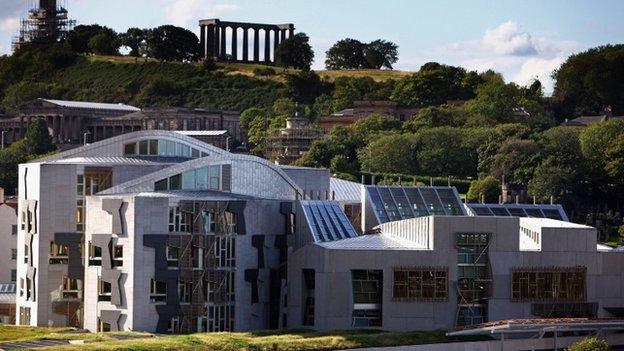
Scotland
The Scottish Parliament sits at Holyrood in Edinburgh and is made up of 129 elected Members of the Scottish Parliament (MSPs), who scrutinise and pass bills in various areas of its many devolved responsibilities.
The Scottish Government is the executive branch and has been led by the SNP since 2007. The Scottish Parliament and Scottish Government were established in 1999 by an Act of the UK Parliament.
Under this Act (the Scotland Act 1998) a range of powers were transferred (devolved) to Scotland including agriculture, economic development, education, environment, planning, health, housing, justice, local government and transport.
In 2012, following the recommendations of the Calman Commission, a further transfer of powers took place.
Under the 2012 Scotland Act the Scottish Parliament gained new powers over borrowing, drink driving alcohol limits, air weapons, stamp duty and a new Scottish rate of income tax.
In the wake of the 2014 "No" vote in the Scottish independence referendum, all parties participated in the Smith Commission, a body which undertook to look at the devolution of further powers.
Its recommendations formed the basis of the Scotland Act which reached Royal Assent in March 2016. This act devolved substantial new powers to the Scottish Parliament including:
Air Passenger Duty (from April 2017)
Assignment of half of VAT revenues
Income Tax (including setting rates and thresholds)
Crown Estate
Scottish Parliamentary election and local government franchise
Onshore oil and gas licensing
Abortion law
Employment programmes
Gaming Machine licensing powers
Additional transport powers including road signs, speed limits, British Transport Police
Major welfare powers, including control over varying the frequency of Universal Credit payments in Scotland
The Scottish Government says the proposals fall short of the mark and continues to argue for full independence.

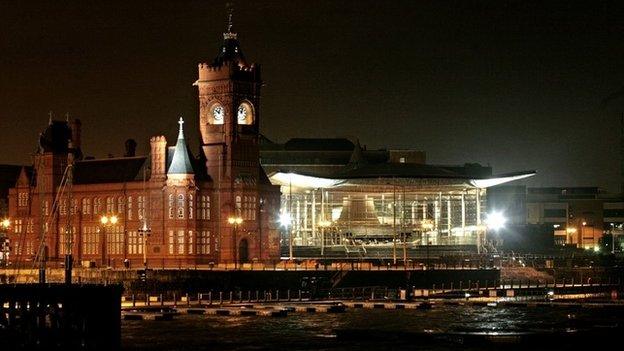
Wales
The National Assembly for Wales sits at the Senedd in Cardiff Bay, and is made up of 60 elected Assembly Members (AMs). The Welsh government is its executive branch.
Since 2011 the Welsh assembly has had primary law-making powers over devolved areas, and in 2014 it gained tax-raising powers including stamp duty and landfill tax.
Arrangements are also in place for some powers over income tax.
In addition, the assembly can make laws relating to ancient monuments and historic buildings, public administration, sport and recreation, tourism, town and country planning, flood defences, the assembly itself, and the Welsh language.
Following the St David's agreement the Wales Bill was passed by the House of Commons in September 2016. It is currently being scrutinised by the House of Lords.
The bill would put devolution in Wales on a similar model to that in Scotland. Whereas powers are currently "conferred" on the Welsh Assembly, the UK government wants to move to a "reserved powers framework" whereby everything is devolved to Cardiff unless specifically stated otherwise.
The bill also proposes the devolution of some transport and election powers.

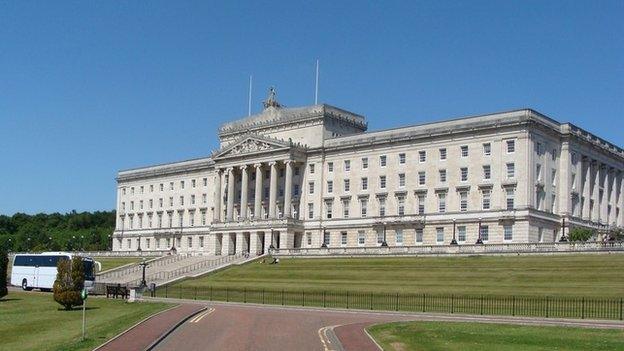
Northern Ireland
The Northern Ireland Assembly sits at Stormont in Belfast, and is made up of 108 elected Members of the Legislative Assembly (MLAs).
The power-sharing agreement between the nationalist and unionist communities in Northern Ireland is critical to the functioning of the assembly; devolution of powers has been suspended and reinstated several times since it started in 1998.
Devolution here is slightly different to Scotland and Wales, with government powers divided into three categories: transferred, reserved and excepted.
Reserved powers - which could be transferred in the future with cross-community consent - include prisons and civil defence
Excepted powers - including parliamentary and assembly elections, international relations and defence - cannot be transferred without primary legislation from Westminster
In addition to the main devolved powers, the assembly can also legislate on culture, arts and leisure, learning and employment and regional and social development.
As part of the Stormont House agreement, new tax powers were devolved to the Assembly and should allow Northern Ireland to set its own rate of corporation tax from April 2017.

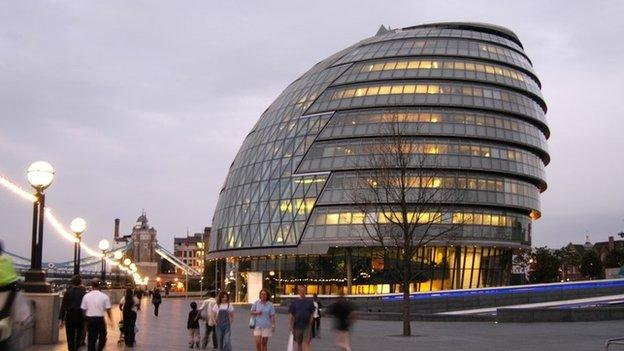
England
As devolution to Scotland, Wales and Northern Ireland has gathered pace, many people have argued that England's regions are being left behind.
The Conservative government was elected in May 2015 with an agenda to devolve power to English local regions and resolve the so called "West Lothian question", the idea that Scottish, Welsh and Northern Irish MP's can vote on laws that only apply in England.
The government has introduced a set of arrangements called English votes for English laws.
Under this system a new stage has been added to the usual law-making process at Westminster allowing MPs for English constituencies to vote on issues only to affect England.
These English MPs are able to veto the legislation before it comes before all MPs in the final stage.
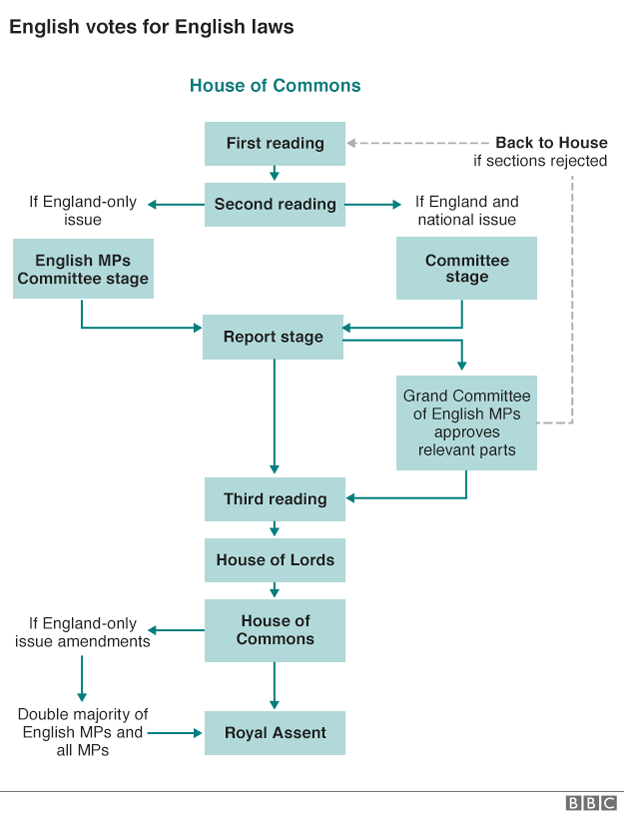
A guide to devolution in the UK
Over the coming years there will be more power devolved to city regions through the implementation of "devolution deals".
These deals model themselves on the devolved government in London, which has been in place since 2000.
The government says the new deals will give cities and their surrounding areas certain powers and freedom to:
Take charge and responsibility for decisions that affect their area
Do what they think is best to help businesses grow
Create economic growth
Decide how public money should be spent
The government has concluded deals in areas including Greater Birmingham and Solihull, Bristol and the West of England, Greater Manchester, Leeds City Region, Liverpool City Region, Nottingham, Newcastle and Sheffield City Region. In total, 30 deals have been granted, 26 in England, 3 in Scotland and 1 in Wales.
Each model is bespoke, with enhanced powers over housing investment and healthcare budgets given to the Greater Manchester region.
Some deals also include the introduction of directly elected mayors who will be elected from May 2017.